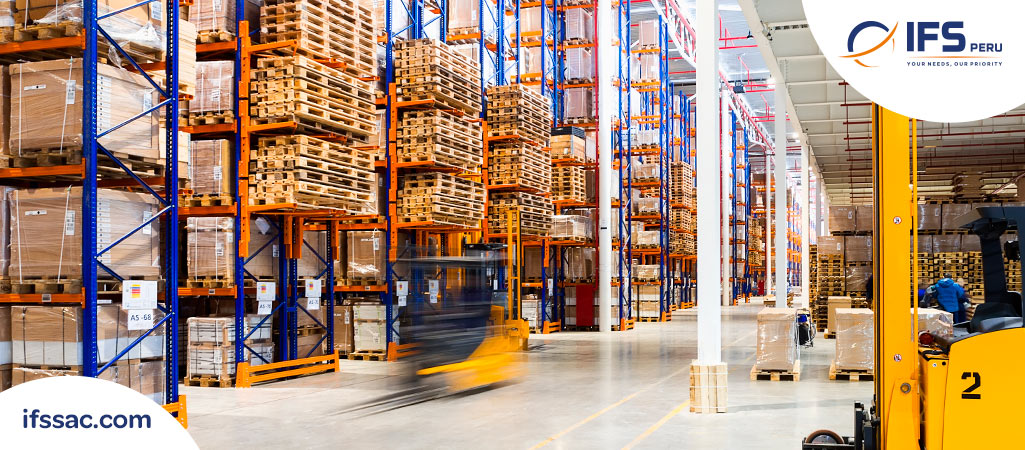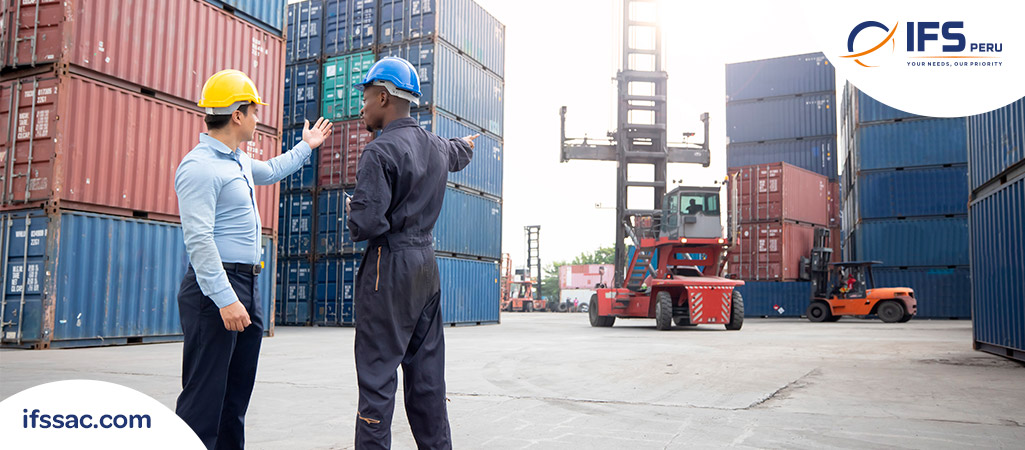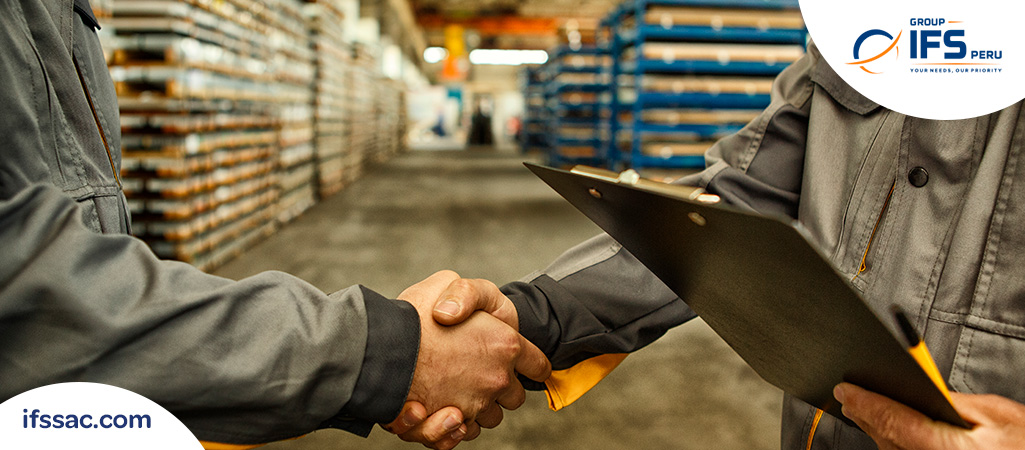It is not uncommon to hear the term “logistics operator” nowadays, especially in the context of supply change management. Yet, many people do not know exactly what a logistic operator is, much less what it does. This article will shed some light on the main roles of a logistic operator and the services it provides.
Simply put, a logistics operator is a company that (at the request of another company) is responsible for managing one or more of the stages of its supply chain. A logistics operator facilitates a number of processes that are not the core activity of a producing company. These activities include transportation, storage, shipment, and distribution of goods directly from the seller to the buyer.
What does a logistics operator need to perform its functions?
A logistics operator must possess the necessary material and technological resources, such as high-quality technological infrastructure and information systems.
Industries rely on logistics operators to make sure the right goods make it to the correct destination on time; therefore, logistics operators employ communication skills and project management software to coordinate and negotiate deals between suppliers and customers.
Logistic operators spend a substantial amount of time anticipating problems that can arise during ordering, inventory control, warehousing, shipping, and delivery. Sometimes supply chain disruptions can delay deliveries, and volatile global markets can quickly affect process and production, making the job of a logistics operator stressful.
What stages of the supply chain do logistics operators take care of?
The areas that logistics operators specialize in include:
Data and order processing
This involves activities pertaining preparation, communication, collection, entry, and reports on order status. It also involves providing alternatives for the management of documentation as well as inventory control and consultancy. Many logistic operators address both online and retail logistics to prepare orders with the utmost precision and according to specific requirements.

Handling and storage
To guarantee the correct movement of goods from one place to another, packages must be handled, weighed, and classified. At this stage, control and management are vital to ensure products are delivered to the right place at the right time.
Packaging
The system for protecting the goods and how they will be shipped is decided in this phase, which is of great importance as it involves handling and transporting the products by taking into account important factors, such as temperature and humidity.
Transport
This is a critical phase of the supply chain, and it is determined by the distance and the deadlines of the deliveries. Different means of transport, such as air, sea freight or land transportation, are taken into account to analyze the most effective mode of transport with the minimum cost outlay.
Warehousing
The logistics operator is in charge of providing and maintaining the necessary space for the proper storage of goods. This phase also involves the reception, conservation and inventory management of products.
Material handling
Once at the warehouse, the logistics operator must make sure that everything matches what had been agreed. Depending on the type of shipment received, the logistics operator ensures maximum quality control, optimum storage conditions, the safety of the cold chain, and specific locations for dangerous goods.
Reverse Logistics
Some operators are in charge of what is known as reverse logistics: possible returns and exchanges of merchandise. Tasks include controlling performance and costs as well as managing the inventory of returned products.
A logistics operator can bring tremendous value to a business. By choosing IFS, you can rest assured that your logistics are in good hands. Visit our website to learn more about our services.





